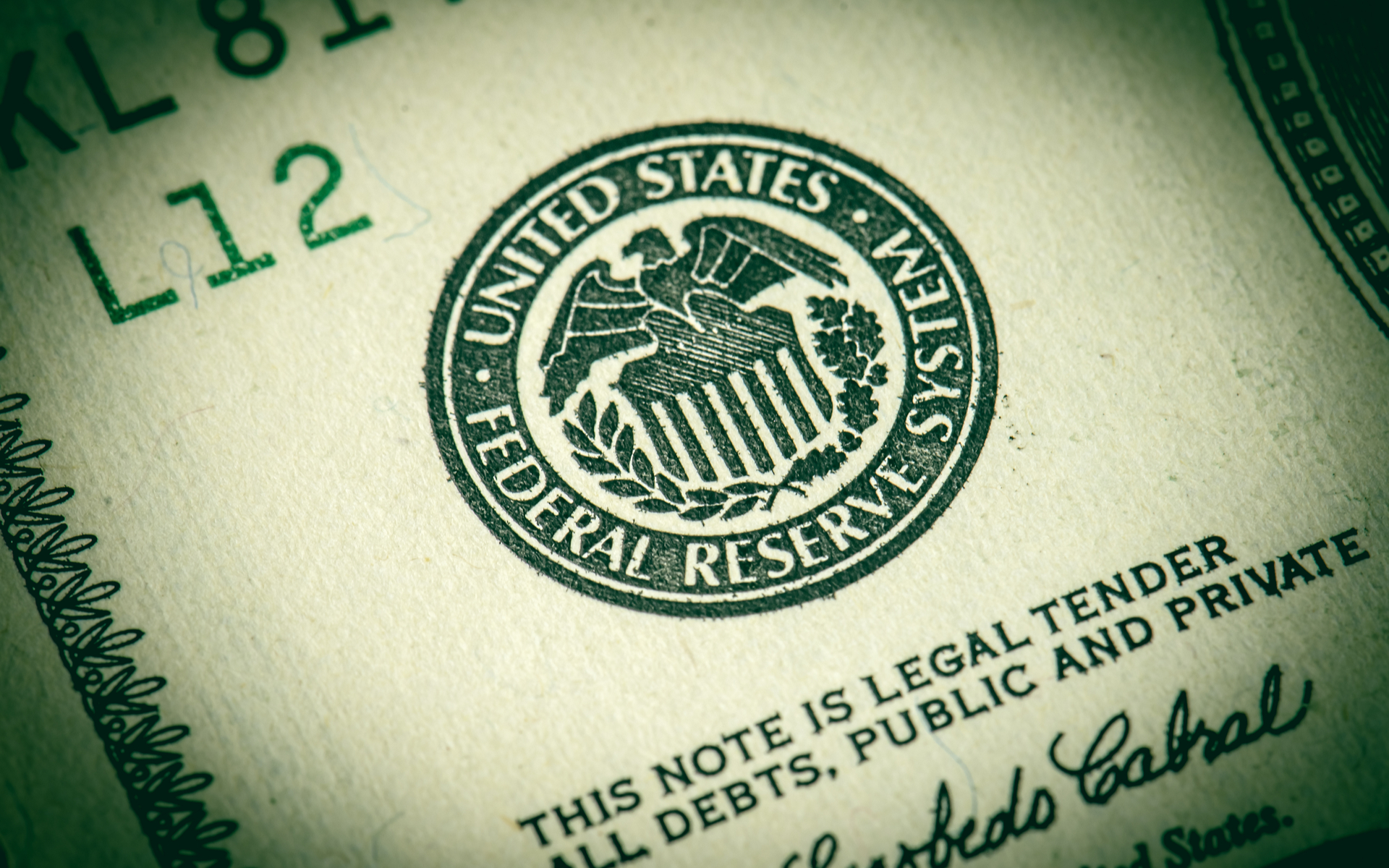PALO ALTO, Calif. (Reuters) - The Federal Reserve is looking at a broad series of problems around digital payments and currencies, consisting of policy, style and legal factors to consider around possibly issuing its own digital currency, Guv Lael Brainard stated on Wednesday. Brainard's remarks suggest more openness to the possibility of a Fed-issued digital coin than in the past." By transforming payments, digitalization has the potential to provide higher value and benefit at lower cost," Brainard said at a conference us fed coin on payments at the Stanford Graduate School of Service.
Central banks worldwide are disputing how to handle Get more info digital finance innovation and the distributed journal systems used by bitcoin, which guarantees near-instantaneous payment at possibly low expense. The Fed is developing its own day-and-night real-time payments and settlement service and is currently examining 200 remark letters sent late last year about the proposed service's design and scope, Brainard said.

Less than two years ago Brainard told a conference in San Francisco that there is "no engaging demonstrated need" for such a coin. However that was prior to the scope of Facebook's digital currency ambitions were widely known. Fed officials, including Brainard, have raised concerns about customer defenses and data and personal privacy risks that could be presented by a currency that could enter usage by the third of the world's population that have Facebook accounts.
" We are teaming up with other central banks as we advance our understanding of main bank digital currencies," she stated. With more countries checking out issuing their own digital currencies, Brainard said, that adds to "a set of factors to likewise be making sure that we are that frontier of both research and policy advancement." In the United States, Brainard said, concerns that need research study include whether a digital currency would make the payments system more secure or simpler, and whether it could pose monetary stability threats, including the possibility of bank runs if money can be turned "with a single swipe" into the reserve bank's digital currency.
To counter the financial damage from America's unmatched nationwide lockdown, the Federal Reserve has actually taken unprecedented steps, consisting of flooding the economy with dollars and investing directly in the economy. The majority of these moves received grudging acceptance even from lots of Fed doubters, as they saw this stimulus as needed and something only the Fed might do.
My brand-new CEI report, "Government-Run Payment Systems Are Risky at Any Speed: The Case Versus Fedcoin and FedNow," details the dangers of the Fed's Take a look at the site here present plans for its FedNow real-time payment system, and propositions for central bank-issued cryptocurrency that have been called Fedcoin or the "digital dollar." In my report, I talk about issues about privacy, information security, currency adjustment, and crowding out private-sector competition and development.
Supporters of FedNow and Fedcoin state the government should produce a system for payments to deposit instantly, rather than encourage such systems in the economic sector by lifting regulative barriers. But as kept in mind in the paper, the economic sector is providing a seemingly endless supply of payment technologies and digital currencies to solve the problemto the extent it is a problemof the time space in between when a payment is sent out and when it is received in a checking account.
And the examples of private-sector innovation in this area are numerous. The Cleaning House, a bank-held cooperative that has been routing interbank payments in different types for more than 150 years, has been clearing real-time payments considering that 2017. By the end of 2018 it was covering 50 percent of the deposit base in the U.S.